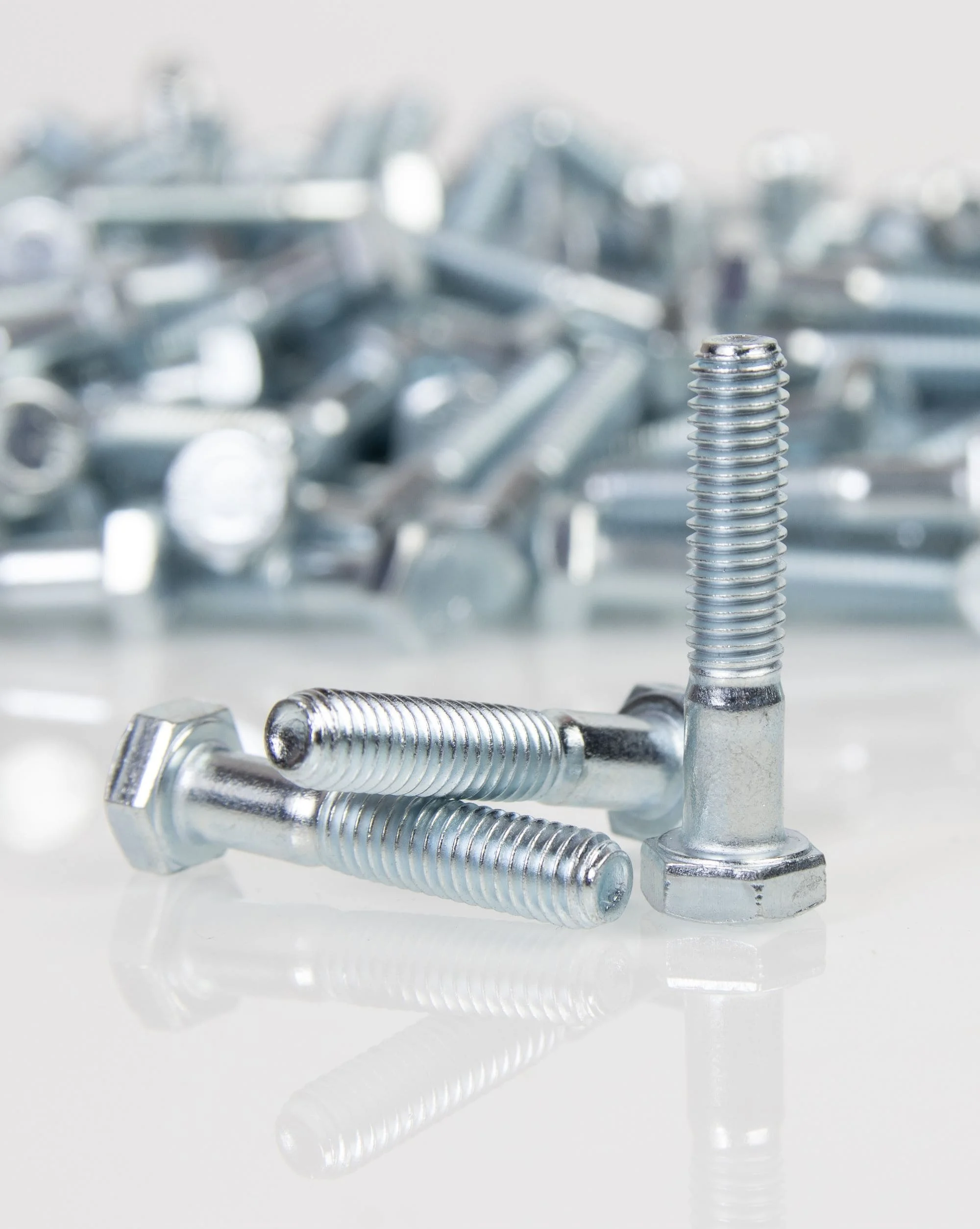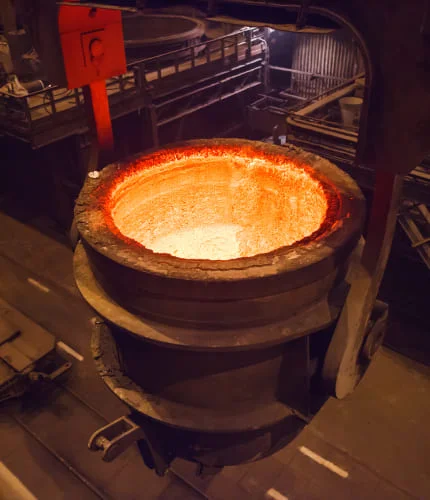
- About Us
- Products
- Services

Metallurgical support
We also provide Metallurgical support Related to induction heating which involves the application of materials science and metallurgy principles to optimize the induction heating process and ensure the desired properties in the treated metals. This support is crucial for achieving precise control over heating, improving material performance, and addressing challenges that arise during the induction heating process. Here’s an overview of how metallurgical support contributes to induction heating.
Material Selection and Preparation
- Understanding Material Properties: Metallurgical expertise helps in selecting the right materials for induction heating based on their thermal and electrical conductivity, magnetic properties, and heat treatment requirements.
- Preparation and Conditioning: Proper preparation of the metal, such as surface cleaning and preheating, can significantly impact the effectiveness of induction heating and the quality of the final product.
Process Optimization
- Heat Treatment Parameters: Metallurgists analyze and recommend optimal heating parameters, such as temperature, heating time, and cooling rates, to achieve the desired microstructure and mechanical properties in the metal.
- Inductor Design: Expertise in materials science aids in designing and configuring induction coils and inductors to ensure efficient energy transfer and uniform heating.
Quality Control and Analysis
- Microstructural Analysis: Metallurgical support includes analyzing the microstructure of the material post-treatment to verify that the desired changes, such as hardness or grain refinement, have been achieved.
- Failure Analysis: In case of defects or inconsistencies, metallurgists perform failure analysis to identify root causes and recommend corrective actions to prevent future issues.
Material Property Enhancement
- Custom Heat Treatments: Metallurgical expertise allows for the development of custom heat treatment processes tailored to specific materials and applications, enhancing properties such as strength, toughness, and wear resistance.
- Surface Treatments: Metallurgists can recommend surface treatments, such as carburizing or nitriding, to improve surface hardness and durability while maintaining core properties.
Troubleshooting and Problem-Solving
- Addressing Issues: Metallurgical support is essential for diagnosing and resolving problems related to uneven heating, material warping, or suboptimal mechanical properties.
- Process Improvements: Continuous improvement of induction heating processes is guided by metallurgical insights to enhance efficiency, reduce costs, and improve product quality.
Compliance and Standards
- Adhering to Specifications: Ensuring that the induction heating process meets industry standards and regulatory requirements is critical for maintaining quality and performance.
- Documentation and Reporting: Providing detailed documentation and reports on process parameters, material properties, and outcomes supports quality assurance and compliance efforts.
